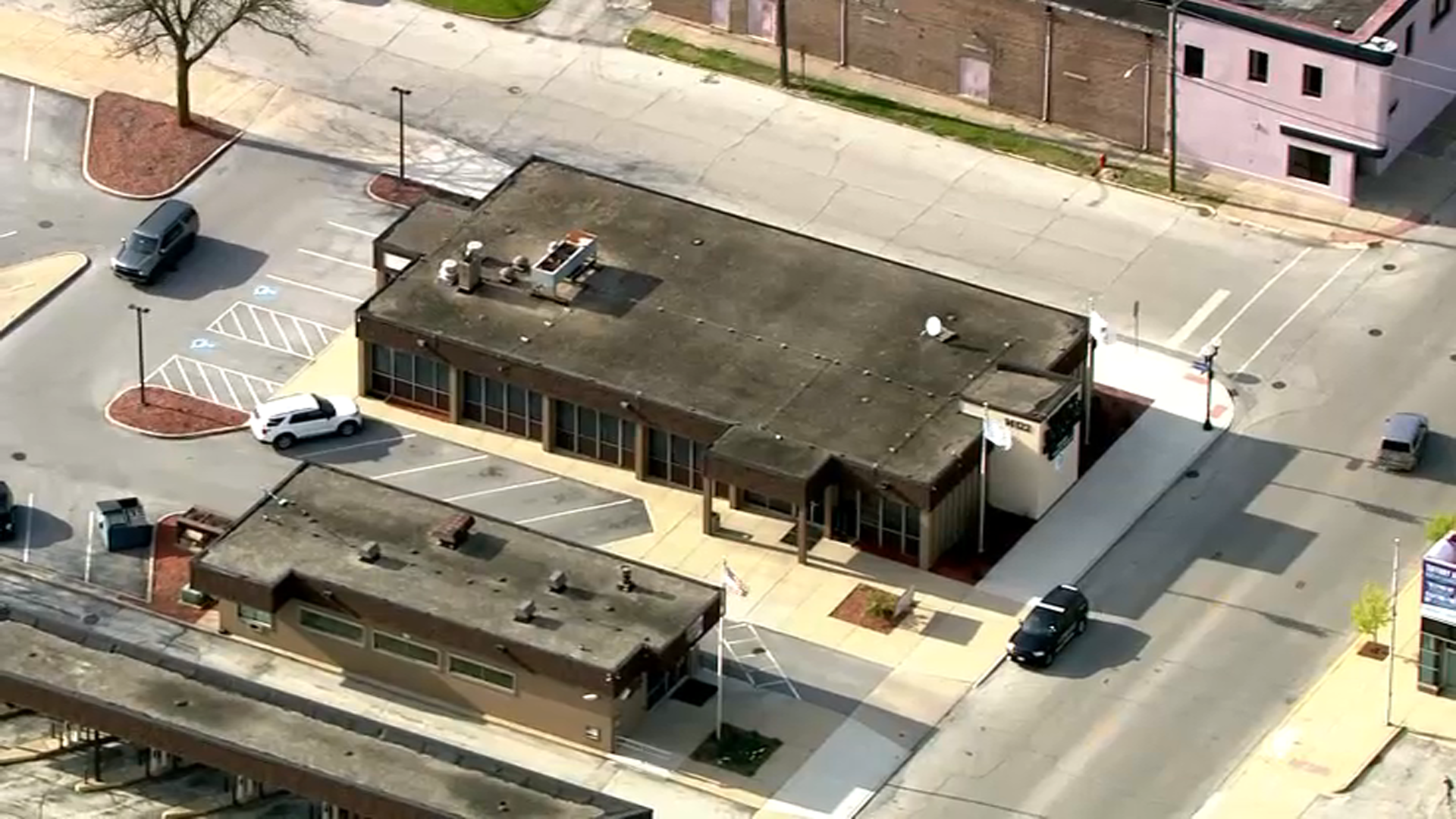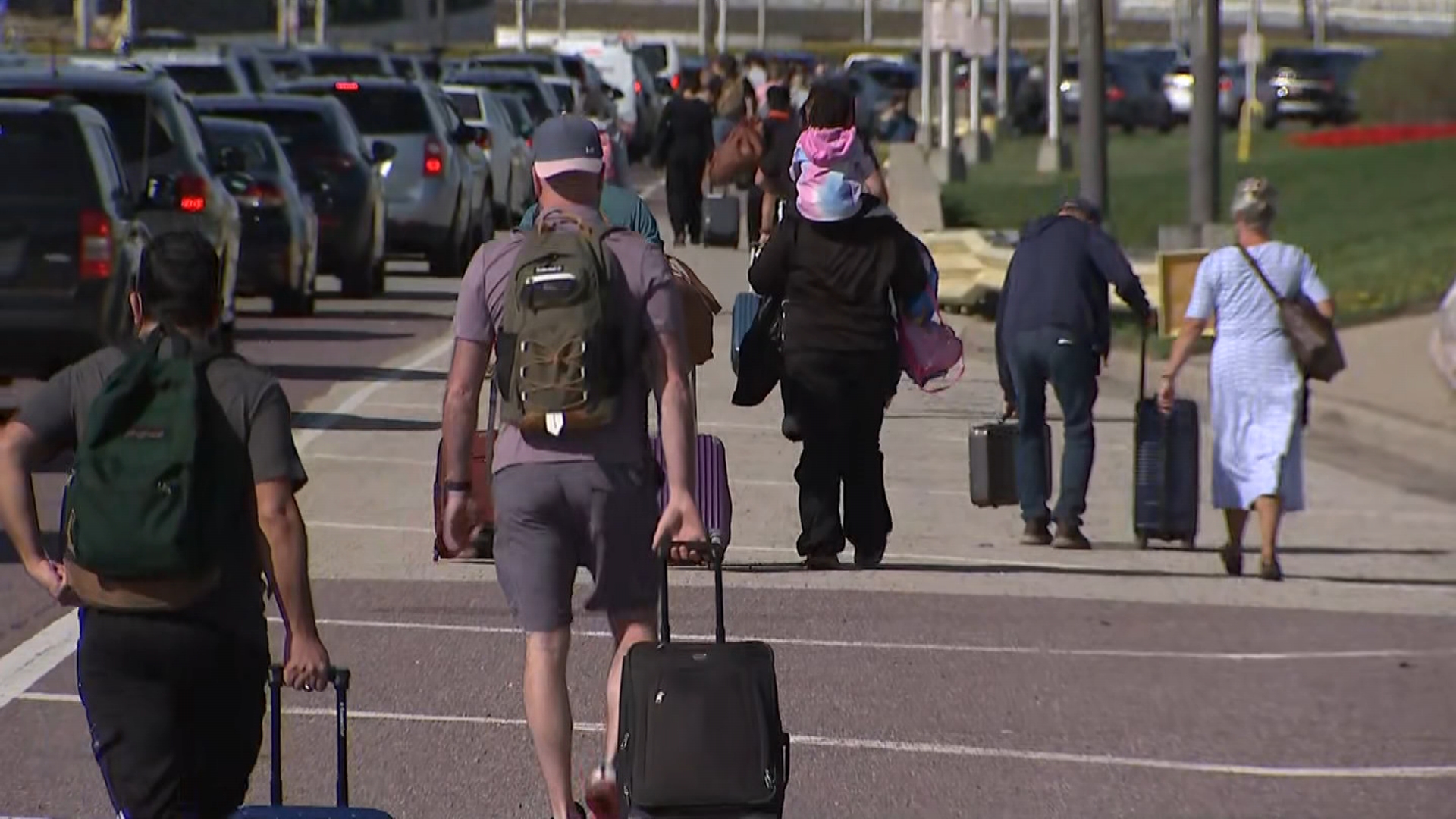Former Chicago Police Supt. Garry McCarthy called the department’s response to the city’s rising violence a “huge problem” in a recent interview with “60 Minutes.”
“When people are dying, yes, there’s a crisis,” McCarthy said in the interview that’s scheduled to air Sunday. “No two ways about it.”
Despite Chicago seeing more than 700 murders in 2016, “60 Minutes” found that police activity has dropped in all 22 of Chicago’s police districts. Similarly, a recent Chicago Sun-Times analysis found that the number of arrest in Chicago has fallen by 28 percent since 2015.
McCarthy was fired as the city’s top cop in the wake of the Laquan McDonald controversy. McDonald, an African-American teen, was shot and killed by Chicago police officer Jason Van Dyke in October of 2014. After dashcam footage of the incident was released over a year later, public outcry for McCarthy’s resignation grew.
McDonald’s killing has had a lingering effect on community policing in Chicago. In April, the city’s new police accountability task force released a report stating the “community’s lack of trust in the CPD is justified” and noting that McDonald “posed no immediate threat to anyone” at the time of his killing.
The CPD is currently being investigated by the Justice Department for potential civil rights violations. After the American Civil Liberties Union threatened to sue the department of racial profiling, officers have been ordered to be more selective about who they stop and are now required to write a report on each one, according to “60 Minutes."
Police Supt. Eddie Johnson told the Sun-Times that the arrest numbers reflect the CPD’s focus on addressing gun violence and improving community relations.
Local
“We want to arrest the right people at the right times for the right reasons,” Johnson told the paper. “But just indiscriminately stopping people? No. We cannot arrest our way out of this.”
Johnson told the Sun-Times that the department is relying less on “broken window” policing, a strategy that emphasizes heavy enforcement of low-level crimes to send a message to criminals. The superintendent explained that the CPD is prioritizing gun crimes over low-level narcotics offenses. The drop in police activity could be tied, in part, to a new state law decriminalizing possession of less than 10 grams of marijuana that took effect this summer.
Additionally, Johnson rejects the “Ferguson effect,” a theory that claims violence has risen because cops are holding back amid protests over police violence. However, he told the Sun-Times that many police feel “vilified,” while some have been slowed down learning new legal requirements for street stops.
Some officers, who spoke to the Sun-Times on the condition of not being named, told the paper that cops are being less aggressive because they're worried about being caught on video making an honest mistake in the line of duty. Others dismissed that reasoning, arguing that body cameras and documentation will help cops do their jobs.
"Those are people looking for an excuse," a veteran North Side supervisor told the Sun-Times. "What they're saying is that I liked it better when no one was recording when I trounced on someone's head."



